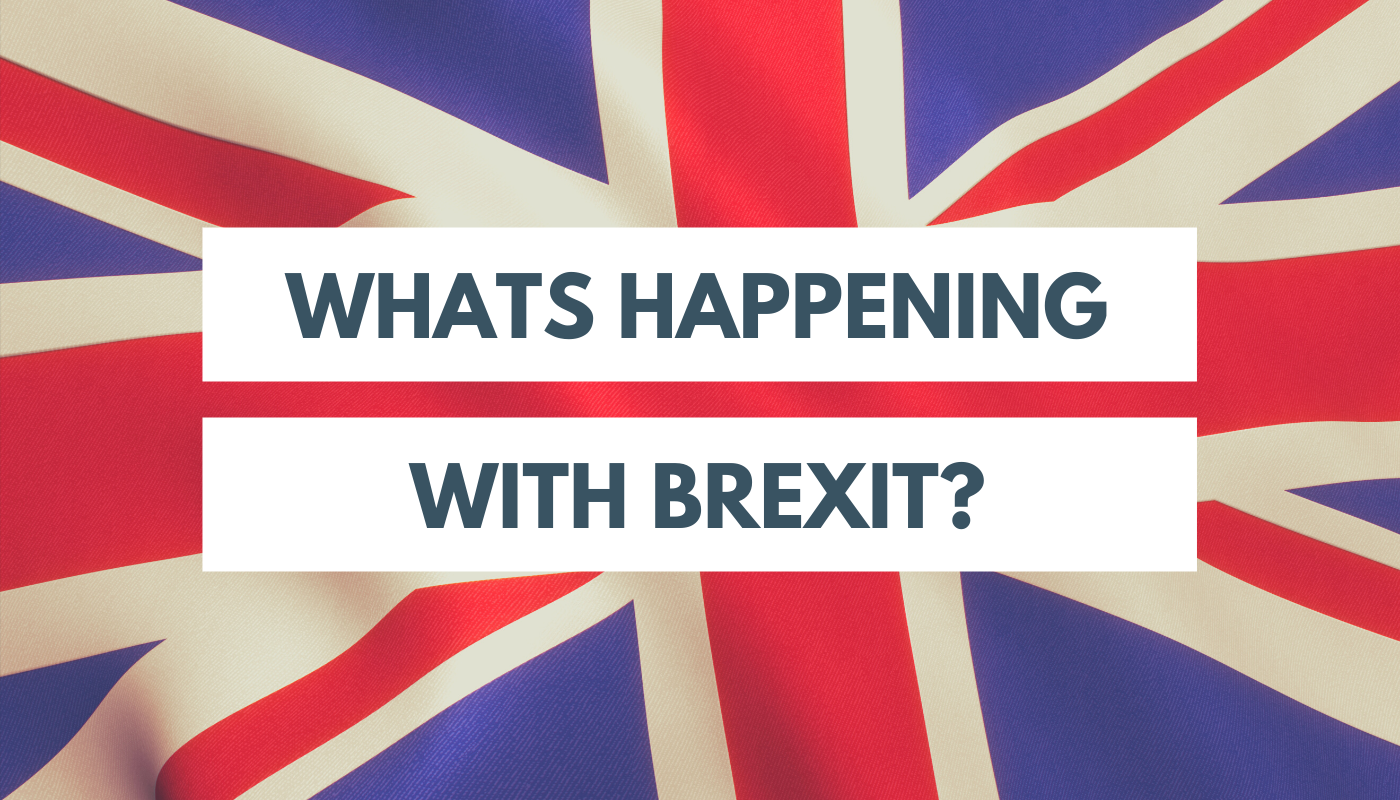The UK Prime Minister, Boris Johnson, UK Chief negotiator David Frost and EU negotiator Michel Barnier continue to offer differing messages to the public about Brexit, some are positive, some ambivalent and occasionally negative remarks about the negotiations. It is hard to see through the comments made and whether we can take them at face value as, after all, there is a negotiation going on.
Whatever the outcome there are significant changes ahead for travel and trade.
Travel
If you are traveling to the EU from the UK after the 1 January 2021 then check out the Government website “Visit Europe from 1 January 2021”. This page tells you how to prepare if you’re planning on traveling to Europe from 1 January 2021. It will be updated if anything changes.
See: https://www.gov.uk/visit-europe-1-january-2021
Trading

If you haven’t made your business preparations, check out the Brexit transition website: https://www.gov.uk/transition
If you trade with the EU and have not yet made preparations then here is a summary of actions to take:
- If you move goods to or from the EU register (unless you already have) for an Economic Operator Registration and Identification (EORI) number – https://www.gov.uk/eori
- Consider an agent to help with completing import/export forms – export.org.uk
- If you export goods see the step by step guide here: https://www.gov.uk/prepare-to-export-from-great-britain-from-january-2021
- Export rules are specific by sector so review “The transition period ends in December” Government website. There you can get a personalised list of actions and can subscribe for email updates: https://www.gov.uk/transition
- The VAT reporting rules for EU sales can be found here: https://www.gov.uk/guidance/vat-how-to-report-your-eu-sales
- If you import goods then see the guidance “Starting to import”: https://www.gov.uk/starting-to-import/moving-goods-from-eu-countries
- There is a step by step guide on importing here: https://www.gov.uk/prepare-to-import-to-great-britain-from-january-2021
- Guidance on paying VAT on imports can be found here: https://www.gov.uk/guidance/vat-imports-acquisitions-and-purchases-from-abroad
- Review HMRC YouTube videos on international trade here: https://www.gov.uk/guidance/help-and-support-for-international-trade
We must all be prepared for changes in the way we travel and trade with Europe. Even if there is a free trade deal the key thing to remember is that there will be a UK border which will mean paperwork and border checks.
Businesses that trade with the EU must get familiar with customs declarations as these will be essential for accounting for VAT.
Depending on what contracts a business has with its customers in Europe, it may have to factor in that goods could take longer to get there, meaning extra costs and administration.
In the short term, there will probably be delays at the border, so it is important businesses map out supply chains and think about how to do things as efficiently as practicable post-transition.
Overall with still no deal on the table, specifics are still very up in the air. We will make sure to keep you updated once we know more information.




